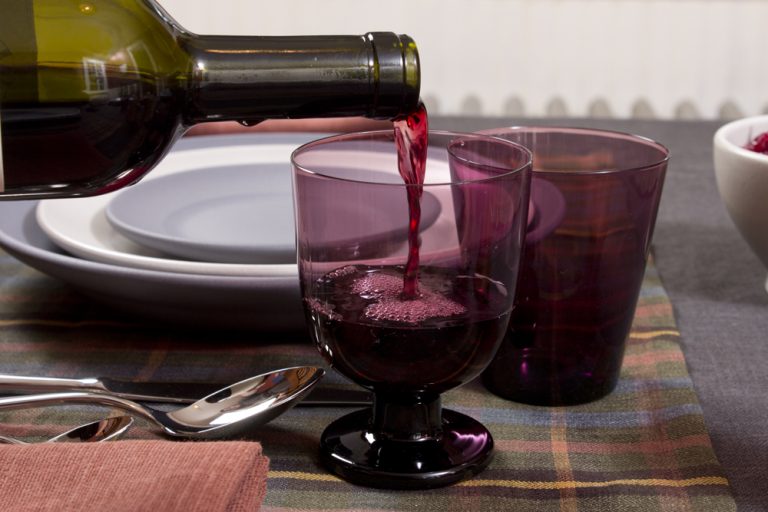

You get a sense that they are serious that there is more than meets the eye. The sorts of wines that really thrill me don’t reveal themselves straight away. And there is a very real difference, in my opinion.

We have a conversation with the wine that can last an evening.įinally, palate fatigue can prevent even the best taster from making the fine discriminations that are the difference between top quality commercial wines and serious fine wines. It is almost as if there is a dialogue taking place. Great wines demand a response from the drinker. If you sit down with a bottle, you have a chance of catching it. If you taste a sample, you don’t spot this. Secondly, the most serious wines tend to have a temporal dynamic to them. And this might be why many of them fail to get really serious natural wines, for example: these are wines you have to have a relationship with, not a one-night stand. Perhaps this is why the besetting sin of winewriters seems to be that they aren’t very good (generally) at distinguishing among high-quality commercial wines and serious fine wines. But it doesn’t tell me just how good those very good bottles are. In a tasting like this, I can spot the duffers from the good bottles, and it flags up potentially very good bottles.
Why wine sucks professional#
You rapidly build up quite a stock of tasting notes.īut there are severe problems for those whose professional life consists solely of quick tasting samples like this.įirst of all, while this approach is fine for quick rough-and-ready assessments of commercial wines, it doesn’t serve serious wines well. That is, if the ad promoting a wine generates 100,000 'impressions' in consumers news feeds. It’s an incredible opportunity for a wine writer to be able to taste, in the space of one day, perhaps 80 different wines. Why the Wine Marketing Funnel Sucks Published on JJuly 12. I love big tastings where you get a chance to taste lots of wine.


 0 kommentar(er)
0 kommentar(er)
